
New Teaching Tool: Root Phenomics
Blog, Education, Resources, The Plant Cell, The Plant Cell: News, UndergraduateMeet the newest member of the Teaching Tools in Plant Biology family, Phenomics of root system architecture: Measuring and analyzing root phenes -By Larry York and Guillaume Lobet.
This teaching tool discusses the relatively young field of root system architecture quantification. It introduces the concepts…
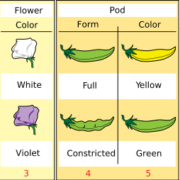
Experiments on Plant Hybrids by Gregor Mendel (new English translation)
Activities, Education, Resources, Undergraduate0 Comments
/
Scott Abbott and View ORCID ProfileDaniel J. Fairbanks
Genetics October 1, 2016 vol. 204 no. 2 407-422; https://doi.org/10.1534/genetics.116.195198
Reprinted here under CC-BY permission. Available in PDF form here.
Here, translated into English, GENETICS republishes…
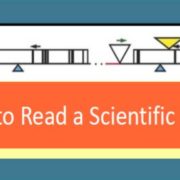
“How to Read a Scientific Paper” and “Case Study: Reading a Plant Physiology article”
Activities, Blog, Education, Education General, MHS Activities, Middle & High School, Resources, ResourcesOne of the most important skills a young scientist needs to learn is how to read (and write) scientific papers. Some students begin to learn this in a high school biology classes, and others as they begin their university coursework. To help instructors teach these critical skills, we created two articles…
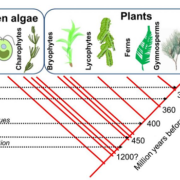
From LUCA to Lily: 12 perspectives for teaching about plants
Blog, Education, Resources, Resources, Undergraduate
The other day I was talking to a friend about the need to demystify plants, so that teachers feel as confident in their teaching of plant biology as they do about animal biology. I wonder if sometimes we teach plants too much in isolation, so it’s not always clear how plants relate to other organisms…

Primers & Special Dialogues - clear & humorous insight on plants
Education, ResourcesThe Geitmann Lab is here to help...
Are you (or students) not quite sure what the term "cytomechanics" means? Or what beasts "pollen tubes" are? Use the Geitmann Lab Primers to get oriented to plant reproduction, pollen tubes and cytomechanics.
Include plant lore in your celebrations of Valentine's…
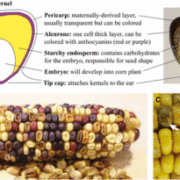
Genetic and Genomic Toolbox of Zea mays
Education, ResourcesAn Open Access review article posted in the journal Genetics that provides an excellent overview of maize as a genetic and genomic system for study. Published March 2015, by Natalie J. Nannas and R. Kelly Dawe.
View resource
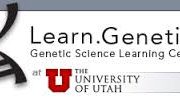
LearnGenetics:Epigenetics (Genetic Science Learning Center, University of Utah)
Education, ResourcesExcellent set of educational resources from Learn.Genetics including activities and videos. The video "Epigenetics of Identical Twins" is an extremely clear explanations of epigenetics.
View resource
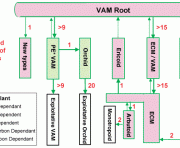
MYCORRHIZAL ASSOCIATIONS: The Web Resource
Blog, Education, ResourcesSupplemental resources for TTPB "Plants and their microsymbionts" - Incredibly comprehensive web resource on the biology and study of mycorrhizal associations, © Mark Brundrett, CSIRO 2008.
View resource
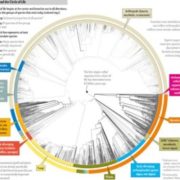
Scientific American: All 2.3 Million Species Are Mapped into a Single Circle of Life
Education, GP Articles, Resources"Researchers from a dozen institutions recently completed a three-year effort to combine tens of thousands of trees into one diagram, most readable as a circle. The lines inside the circle represent all 2.3 million species that have been named. Biologists have genetic sequences for only about 5 percent…

